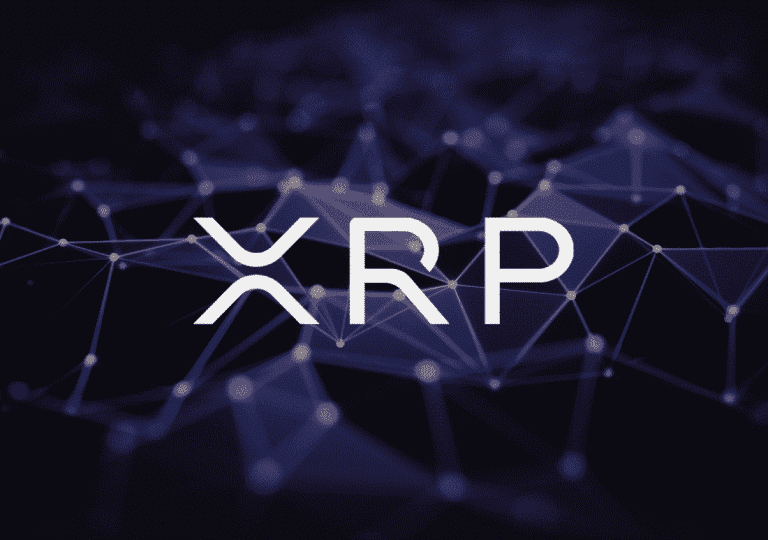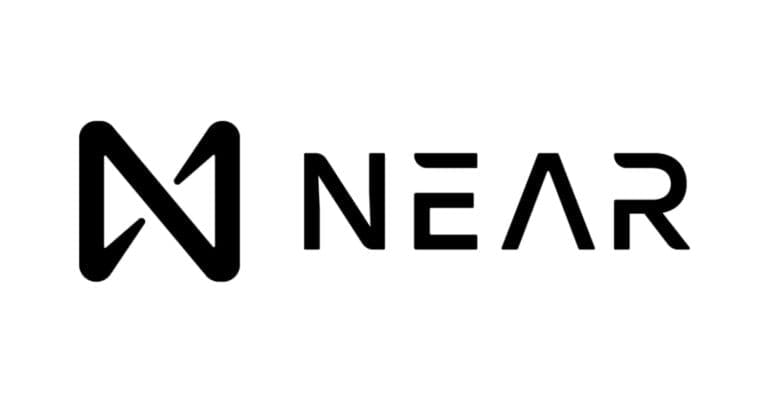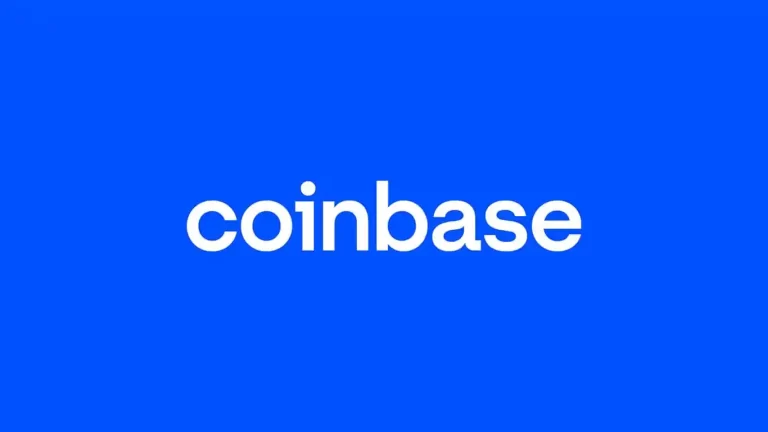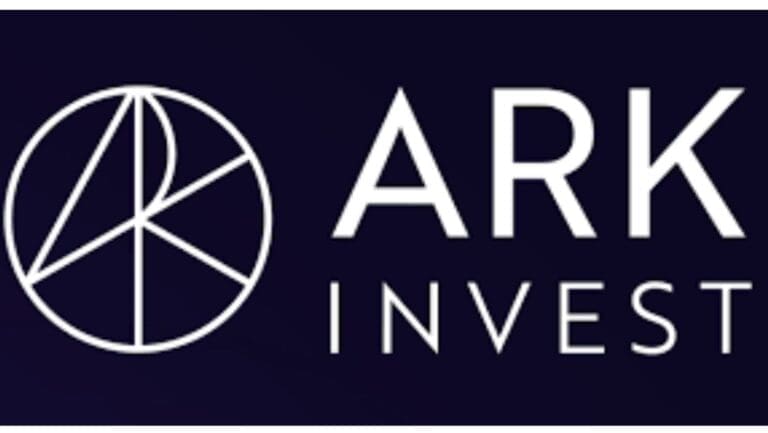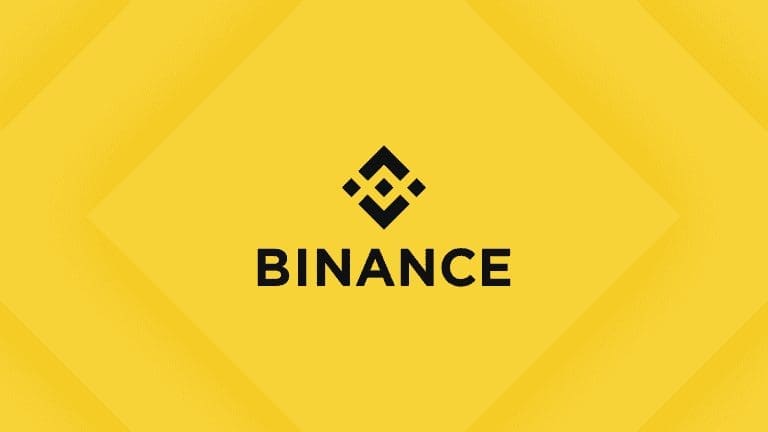Elon Musk, the new owner of Twitter, appears to favour the concept after promising to reduce the social media network’s spam problem. On Sunday, American entrepreneur Marc Andreessen shared an image of a Twitter user mimicking his name to promote a “free crypto” giveaway. “What algorithm could possibly capture this type of content?” Andreessen asked. Tesla CEO Elon Musk responded, “humans,” initiating a discussion about how to best curate the platform’s high number of cryptocurrency frauds and spam adverts.
But it was billionaire investor Mark Cuban who came up with an unusual answer. According to Cuban, the issue can be resolved by first introducing an “Optimistic Rollup,” or layer-2 solution, to Dogecoin (DOGE).
To post on Twitter on an unlimited basis, everyone would need to put up one DOGE ($0.13(R2.09) per coin at the time of writing) as collateral. If somebody contests a post and humans confirm it is spam, individuals who flagged the message will receive and share the spammer’s DOGE. As a result, spammers would have to put up 100 DOGE as collateral for the privilege to create additional postings. However, if the post is found to be legitimate, the contestants will lose their DOGE.
In other words, it is a prediction system that generates monetary penalties, albeit minor ones, to discourage spamming. Users were quick to warn that scammers may be well-funded and simply “out-contest” messages labelled as spam in such a pay-to-win system. Nonetheless, Dogecoin creator Shibetoshi Nakamoto endorsed such a system:
Elon Musk made an offer to buy Twitter for $44 billion(R 706bn) last week. According to Musk, one of the platform’s major aims is to reduce the quantity of cryptocurrency fraud tweets.



